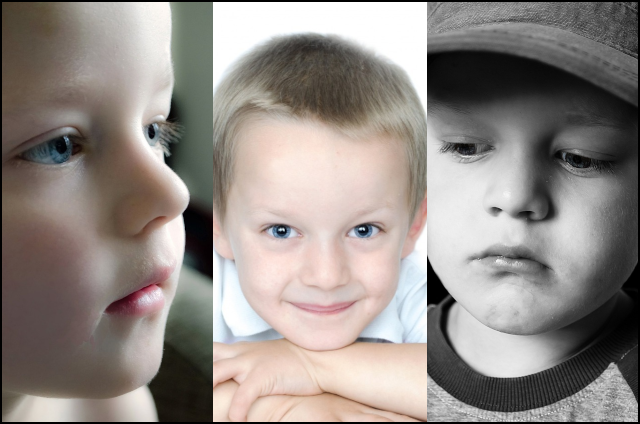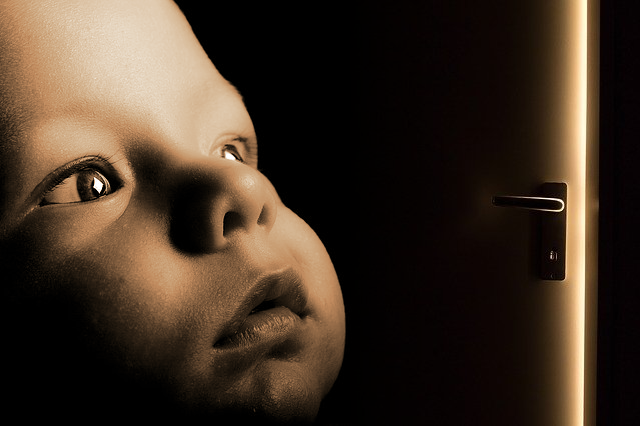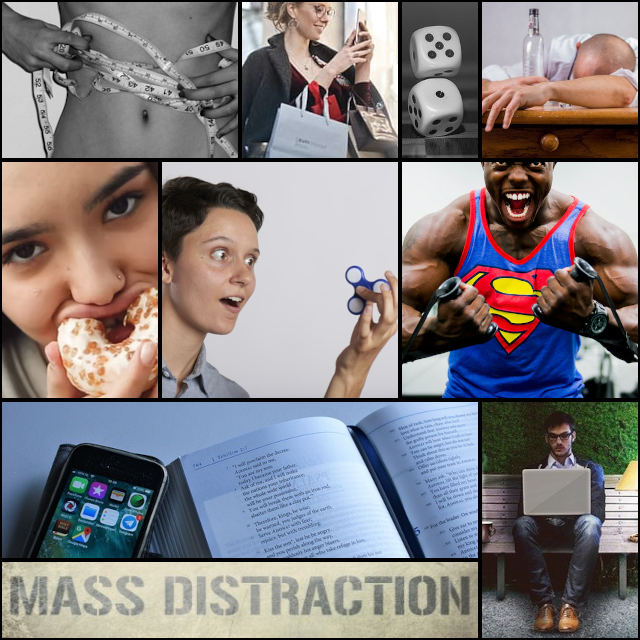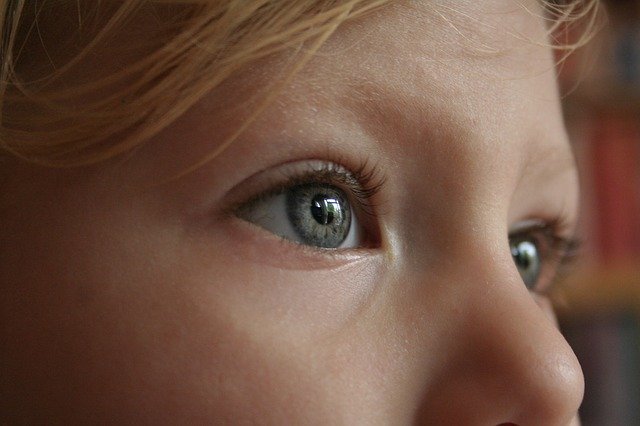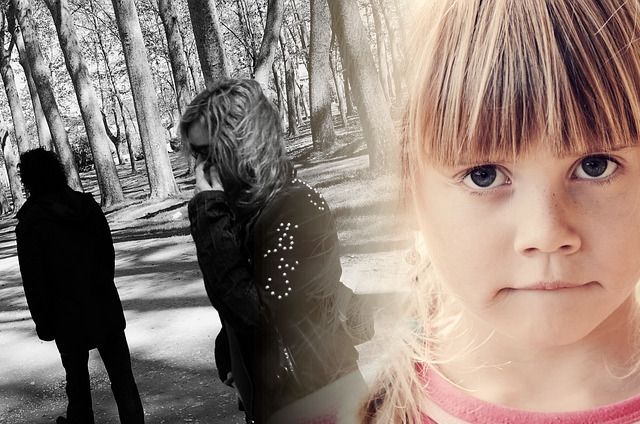
The child’s response to the possibility of zero-sum love is simply to do whatever is required to survive. Sometimes, this is to be as compliant as possible to get the love to return. Sometimes it is to become loud and demanding. Sometimes there is a secret wish (and even an attempt) to rid the family of the “alien” child.
In a situation like this, it is really important to understand that the child’s thinking pattern is different from that of an adult. Very young children can really only think in concrete terms. That is, to them, something only exists if it can be seen, and it only exists in one form. The expansion in thinking follows a developmental path just as physical growth does...
Read More








